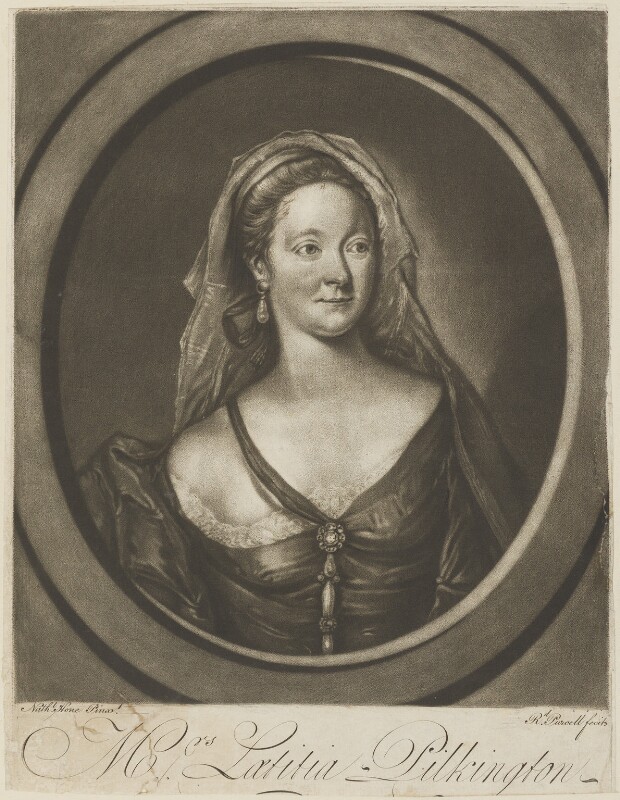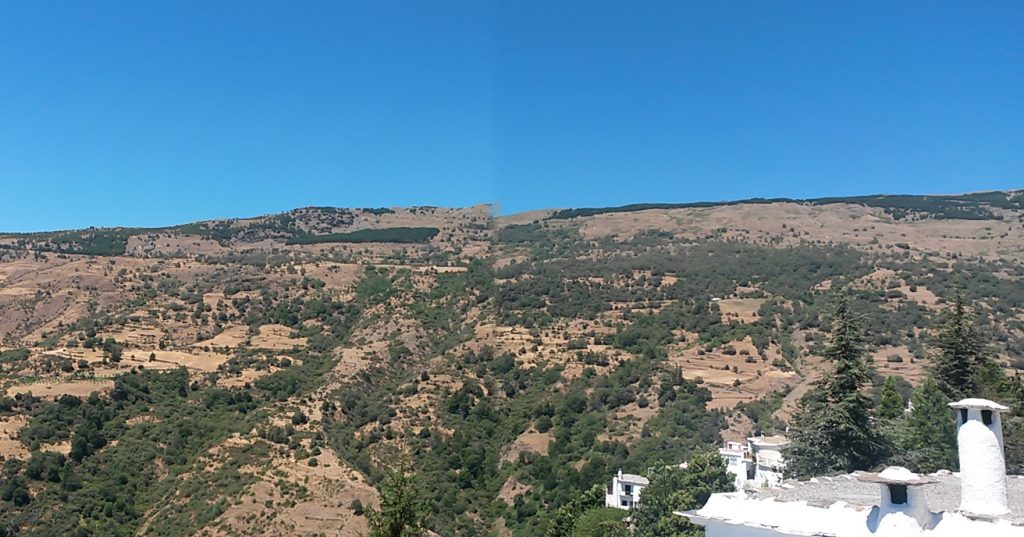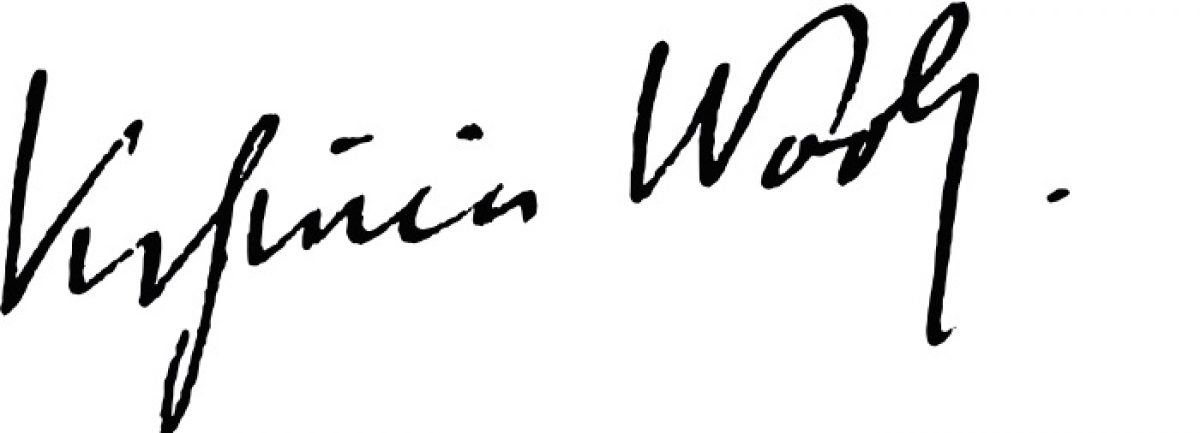DIARY XIi: 7 january 1923-19 December 1923
Sunday 7 January 1923: Virginia Woolf opens with a colorful portrayal of a Gordon Square soiree from the previous evening – the modernity, the intimacy; perhaps even the frivolity. But behind the brilliant facade she recalls little said of any consequence. Nevertheless she enjoys Walter Sickert – his plain talk, his attachment to the real; not anchored in the mysticism she observes in those around Vanessa, and of which she is so skeptical. She barely hides her annoyance at more (of the same) ingratiating chat from Lytton on Ralph and the looming competition for Hogarth (from the so-called Tidmarsh Press). And over breakfast in a “house full of Stracheys, Grants, Stephens & Bells & Partridges – a wet grey morning, in the heart of London, where I am so seldom at that hour.”[p.225] one can hear a note of nostalgia for the city life and the good old days of “Bloomsbury”.

Woolf plans her schedule for the days to come – Mrs. Dalloway takes priority, there is an essay “upon memoirs” for The Mercury, the Greek chapter for her reading project, and her own reading and research to this end: Laetitia Pilkington, Greeks and especially the Agamemnon, more Proust “& […] I must write to the new apparition Vita, who gives mea a book every other day.”[p.225] Only in retrospect can we readers of her diary, recognise in Woolf’s casually remarked upon plans some of the preoccupations that were going to define her life during the next years.
Tuesday 16 January: Katherine.
Katherine has been dead a week, & how far am I obeying her “do not quite forget Katherine” which I read in one of her old letters? Am I already forgetting her?…
Vol. 2 [pp. 225-227]
You never forgot Katherine! I want to rejoin. But as she wrote this, days after hearing the news delivered sensationally over breakfast on the previous Friday by Nelly: “Mrs Murry’s dead! It says so in the paper!” [p226], she struggles with her way of grief as she did with that of her mother, and with Stella (her father, her brother – that came each from a different place) – confusion, guilt, relief. Is there a special grief for women near? (I ask.) Demanding of herself, the clarity and demonstrativeness that she observes in others. What must she feel and for how long? Many “what ifs” and regrets about a relationship that could have been so much more; hampered by petty jealousies (“…the only writing I have ever been jealous of” [p.227]) and the interference of others (Murry?) Katherine’s ghost is at her shoulder, I swear, as she writes her thoughts, and the sadness is almost tangible. It ends with VW in bed with a high temperature, and there she will stay for some days.
On Wednesday 7 February, Virginia describes the last weekend spent in Cambridge in illustrious “Apostle” company – Moore, Keynes – and sounds somewhat bedazzled by the gathered brilliance, I would say (or just out of her depth when it comes to the maths!). Almost as impressive is the decor – courtesy of Vanessa and Duncan – of Maynard’s sitting room, and the presence of an unknown, and very young, Trinity student, Frank Ramsey – who was to be the first translator into English of Ludwig Wittgenstein’s Tractatus Logico-Philosophicus, and who, at the behest of Keynes and Russell, played an important role in encouraging that particular genius back to Cambridge from the Austrian provinces. (And, it should be said, died tragically young – here an excellent essay about Ramsey at The New Yorker.) Back in Richmond the next weekend the Woolfs ponder their financial and professional outlook, plan their days, and Virginia sets a book (of poetry I think – Mutations of the Phoenix) by Herbert Read and Forster’s Pharos and Pharillon.
Through March, irritations abound. The saga of control at the newly organised weekly, The Nation, now in the hands of Keynes and friends (and to which Leonard was finally appointed literary editor [p.240]); Eliot is “…peevish, plaintive, egotistical…” [p.238]; Brett seemingly must tell her of “contacts” with (the spirit of) Katherine ( …did K.M. do something to deserve this cheap posthumous life? [p.238] she asks); there is Ralph’s final departure from Hogarth Press on 14 March. But mostly she is clearly frustrated at having to make money, to do journalism, when all she really wants, is to return to fiction and to be able concentrate on her own projects (“Reading”, for instance).
From editors’ note and footnote [p.240], we know that on 27 March 1923 Virginia and Leonard travelled to the Continent for the first time since 1912 – to Granada via Paris and Madrid, and from there to Yegen in the Alpujarras, where they stayed from 5-13 April with Gerald Brenan, another of the complications in the life of Carrington, and whom they had met at Tidmarsh in May 1922 . Travelling through Spain, they returned to Paris on 22 April. Leonard returned to London on 24 April and Virginia on 27 April.

On Friday 11 May, Woolf apologizes for making no apologies about writing again of her recent Continental adventures! It was enough she should labour under writing “To Spain” for the first number of The Nation! (Here is the reprint in the posthumous collection The Moment and Other Essays, 1947.) She is still reckoning the money earned from the unwelcome labour of journalism, now more relevant and with more possibilities given Leonard’s new editorship, against the time required for labours of love like the forever worked on, then to be neglected, “Reading” – for the umpteenth time a plan that includes the Greeks, the Pastons, Chaucer and Shakespeare. An exchange with Morgan about what lies ahead, leads her on 12 May to mention ” …my next book, which I think of calling ‘The Hours’ …” [p.242]. The working title of what was to become Mrs. Dalloway (1925).
The weekend of the 4th June is spent at Garsington, the pain of the gathered toffs: Ottoline, Cecils, Asquiths – irritable, if not despicable, all – made bearable only by the company of Lytton. Such is her frame of mind. The day ends with her to work on an essay on Sir Thomas Browne for the TLS (an excerpt here.)
Tuesday 19 June 1923: Prompted by Middleton Murry’s introduction to Katherine Mansfield’s posthumously published collection The Doves’ Nest and Other Stories which contain several extracts from Katherine’s journal [p.248 footnote], VW reflects on her own fiction writing, especially in respect to present preoccupation with “The Hours”, and the depth of feeling she feels deeply that she brings to the page; that some are too keen to suggest to be not much more than much-too-clever word play in the interest of being original at all costs. Earlier that year, Arnold Bennett had published a much talked about article (originally in Cassell’s Weekly 28 March 1923), with Jacob’s Room and Woolf being exemplary of his opinion of the new generation of writers, and about which she seethes still!
…[young novelists]are so busy with states of society as to half forget that any society consists of individuals, and they attach too much weight to cleverness, which is perhaps the lowest of all artistic qualities. I have seldom read a cleverer book than Virginia Woolf’s ‘Jacob’s Room,’ a novel which has made a great stir in a small world. It is packed and bursting with originality, and it is exquisitely written. But the characters do not vitally survive in the mind because the author has been obsessed by details of originality and cleverness…
Is the Novel Decaying? The Register, Adelaide, 25th August 1923
8th, 17th, 22nd July are wonderful personally-tailored writing exercises in memory, observation and conversation – and how they perhaps don’t add to the truth, or maybe even the essence of! – but irrespective, they do amount to vivid group portraits! And to the professional writer, Woolf, always working at perfecting her craft, honing her skills.
Friday 28th July and VW is, with the summer sojourn to Rodmell imminent, full of industry: “…working variously & with intention” [p.259] on her essays, on “The Hours”, printing. “Serious” reading – with pen and notebook in hand. She ponders fame: “Is not Clive writing […] on me? Has not Bunny praised me in the Dial?”
[Rodmell]
Monday 6 August: Woolf’s working morning ruined by the making of “bread & buns” – to be hoped her doughy delights did rise to the occasion! She writes of the previous day at Charleston with “the painters”, and an atmosphere other than that of domestic bliss. [p.260]. On 17th August she ponders how to present her essays – an introductory essay perhaps? an imaginary conversation? and, the order? Following from this, on Wednesday 5th September, she returned to her “Reading” essay project, and says it is now to be called The Common Reader – the first mention I have noted of that, now legendary, title.
On Tuesday 11 September, the diary records that the Woolfs had just returned to Rodmell from a stay at “The Knoll” in Studland, Dorset, which Maynard had rented for the summer. Virginia gives some vivid portraits of their host, of guests (Raymond Mortimer and Dadie Rylands), and most especially Lydia Lopokova, who she has already decided to be the “type” she envisages for Rezia (that is, Lucrezia Warren Smith, wife of Septimus) in Mrs. Dalloway. And, in a visit to Bindon Abbey she pays attention to Lopokova’s channeling of Thomas Hardy’s Tess, and wonders at her thoughts as she lay there emoting in all her finery upon a grassy mound. Interesting also, is Maynard’s talk upon paleolithic man and the age of man and the beginnings of history, and that on this she had talked with Mortimer while walking around Asheham Hill and Hollow the previous week – the complexities of evolution obviously still a topic of debate amongst the intelligentsia [p.264]
Tuesday 18 September: VW records that it is “Leonard’s day in London…” [p.268] and writes of visitors that have come and gone at Rodmell, a conversation with Nessa and Duncan about painting also reveals something about the differences (as Virginia sees it) between the sisters.
…he [Duncan] wants I think, to express something very abstract simply…”Nessa is a happy artist” he said …I am a stupid artist she said…She does not think things out. Sometimes I am quite ready not to paint for a long time…I suppose he is is intellectual, as I [VW] suppose I am: & she more instinctive.
Vol. 2 [p.269]
And Lytton, with his newly found fame, irritates. He tells of a conference of writers and professors at the Cistercian Abbaye de Pontigny, and how well received his views on Racine were. [A study of whom opens Books & Characters, French & English (1922)] Even a visit with Forster, usually so well favoured, was disappointing; he seems to think himself not a novelist at all – and Virginia, undiplomatically, agreed, to which he seemed (to her, but not to Leonard) not at all taken aback. The entry ends: “…I shall walk off to meet L.” [p. 270]
[Hogarth]
And, then, a good month later, on Monday 15 October, Woolf feels the necessity to return to where she left off:
…last entry seems long ago…meant to record for psychological purposes that strange night when I went to meet Leonard & did not meet him […]
Vol 2. [pp. 270-271]
And, she goes on to describe that wretched wet and windy night crossing the fields to get a bus to Lewes to meet Leonard at the train station, and being overcome by the darkness, and the “old devil”, and her body becoming rigid, and a feeling of being alone in the world. How, irrationally, she bought a ticket to London, and then Leonard did arrive (on the last train), and during the walk home feeling as if she has escaped something horrible, and how despite the relief she was overwhelmed by the nagging pain for several days. Perhaps what Virginia is describing here is something like the nearest thing to a mental breakdown without actually having one – a close escape. An incredibly powerful passage, that reminds one once again of how courageous this woman was in the face of the dreadful illness that plagued her.
Woolf has been looking at houses in London, and this is very much on her mind, as is the future of the press. With this, the Woolfs have reason to be optimistic as Dadie Rylands has put himself forward as a partner, and been duly accepted; with his youth and enthusiasm there is every reason to think the Hogarth Press is secure. And she reiterates her commitment to Mrs. Dalloway before all else.
Wednesday 19 December 1923: Virginia writes her last entry for the year. She doesn’t “respect events any more …” [p.278] we are told, only then to be told of a drunken Tom Eliot affair. She ends by rattling off her concerns of the moment; including houses, publishing, writing and being “very happy, very much on the go – that’s my state, at the moment of writing 6.14 P.M. on Wednesday aforesaid.” [p. 278]
The Woolfs go to Monks House, Rodmell, for Christmas on Friday 21 December 1923. On 28 December they dine and spend the night with Vanessa and Clive and the three children at Charleston.
